ESA has issued an ITT to develop a methodology for validation, improvement, and maintenance of the database, as well as tools to facilitate its usage within ESA and European stakeholders.
ESA began exploring the environmental impacts of its projects in 2010, setting up the Clean Space office to proactively address environmental challenges both on Earth and in space.
The EcoDesign branch of CleanSpace has been leading this field of expertise, quantifying the impacts on various environmental indicators thanks to the ISO standardised methodology of Life Cycle Assessment (LCA): the ISO 14040 and the ISO 14044.
As space is a very unique sector, some adaptations were needed in order to apply the LCA to space. This methodology was captured in an ESA LCA Handbook*, published in 2016. Dedicated studies were also performed which resulted in space-specific LCA datasets which were compiled in an ESA LCA Database.
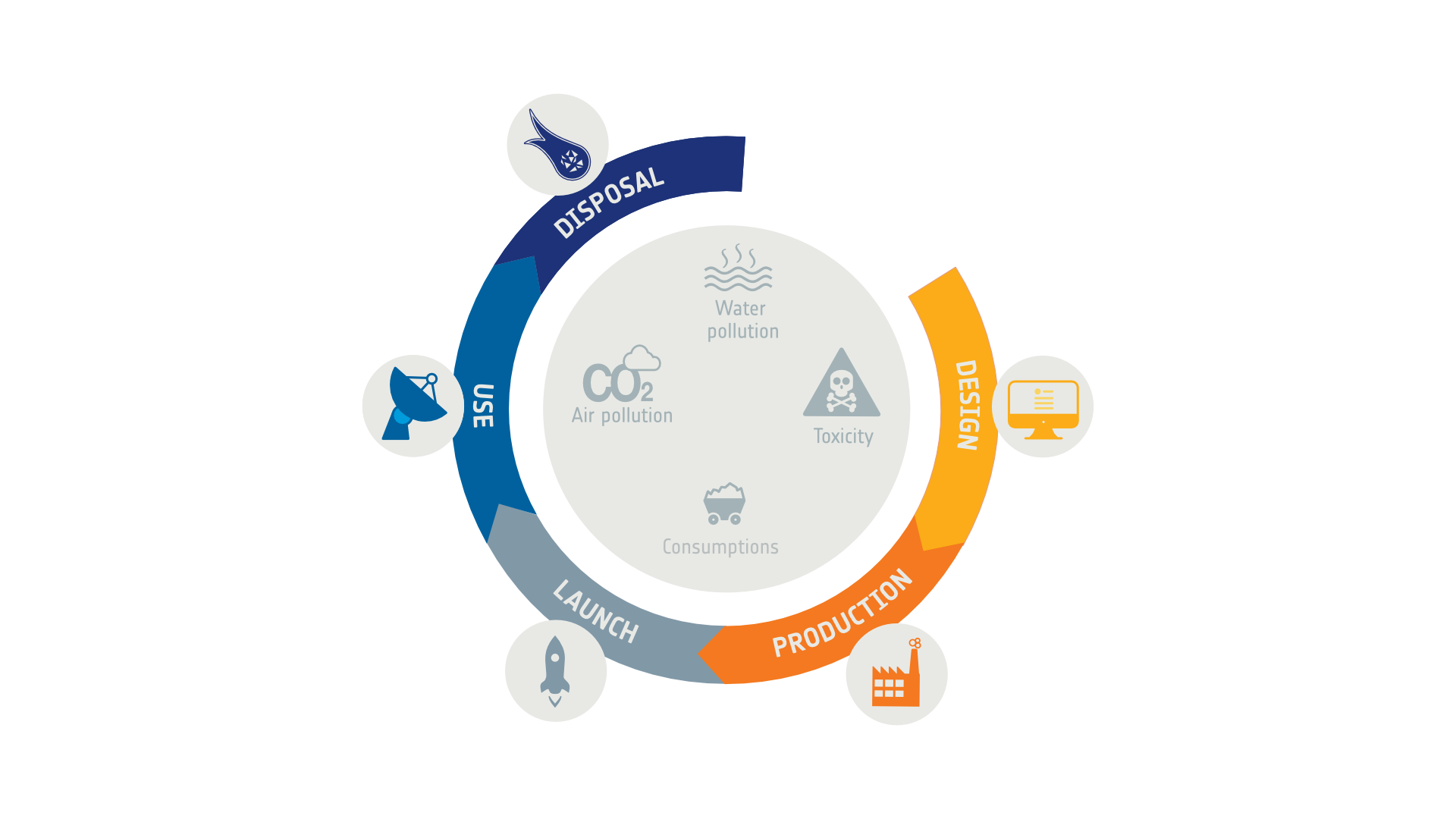
The first version of the database contained space-specific datasets including materials, processes and equipment. It was recently updated to include more datasets coming from previous ESA projects, and this is an ongoing process.
The LCA studies previously performed by ESA looked at both spacecraft and launchers, and identified the environmental impact in terms of various environmental indicators such as Global Warming Potential, Ozone Depletion Potential, and Human Toxicity Potential to name a few.
In the past years, ESA has also included environmental requirements in projects such as Copernicus, Ariane 6, and Galileo. These projects and other technology developments at ESA are leading to multiple LCA datasets, making the database a fundamental tool for the space sector to comply with those requirements.
Since these LCA datasets come from different sources and are in different formats, work is needed to review and harmonise the different datasets, as well as to host them in a centralised database. The goal is to make this database available to all European stakeholders to support them in future LCA studies.
Therefore, ESA has issued the Invitation To Tender ‘ESA Environmental Life Cycle Assessment database’. This activity will run for approximately 3 years, and will focus on maintaining a fully operational and up-to-date database with continued adaptation to the latest European environmental regulations and LCA methodology.
The European industry is invited to bid before 15/01/2021.
For more information on the ITT, please visit the EMITS website.
* if you are interested in acquiring the ‘Space System Life Cycle Assessment (LCA) guidelines, please email us: cleanspace@esa.int
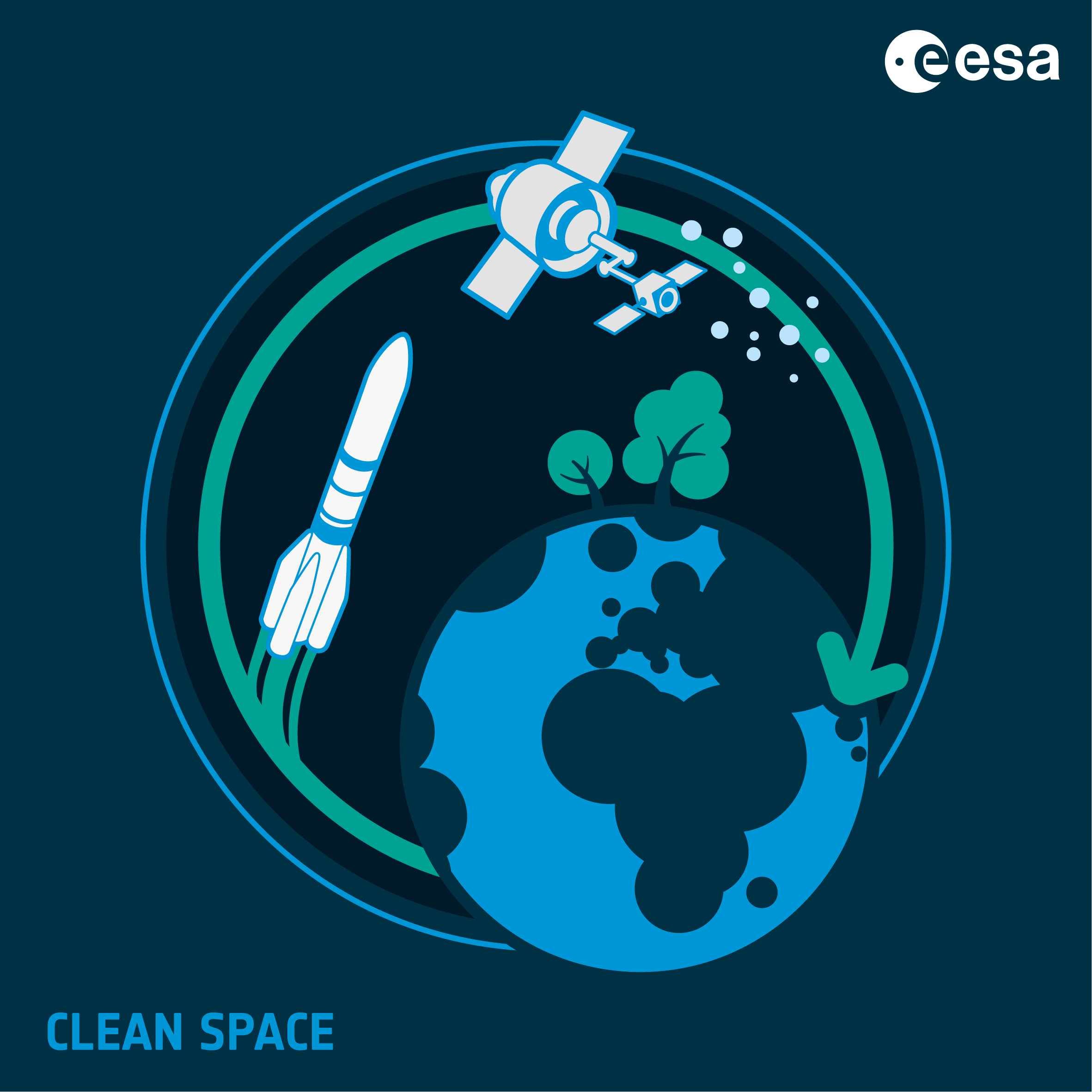

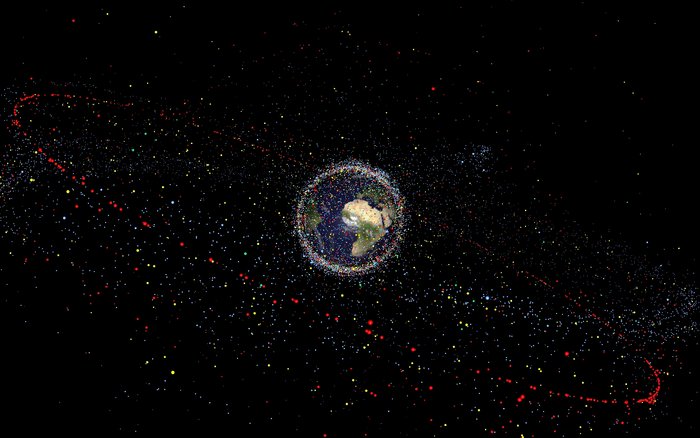
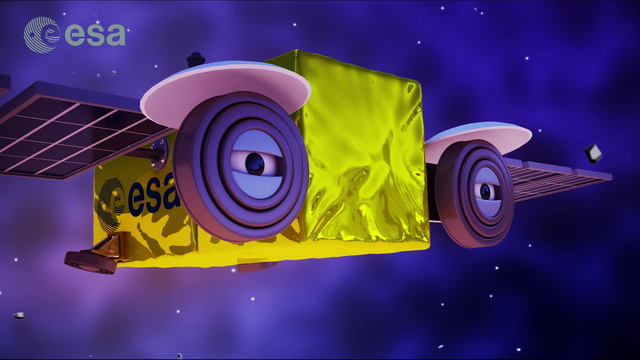
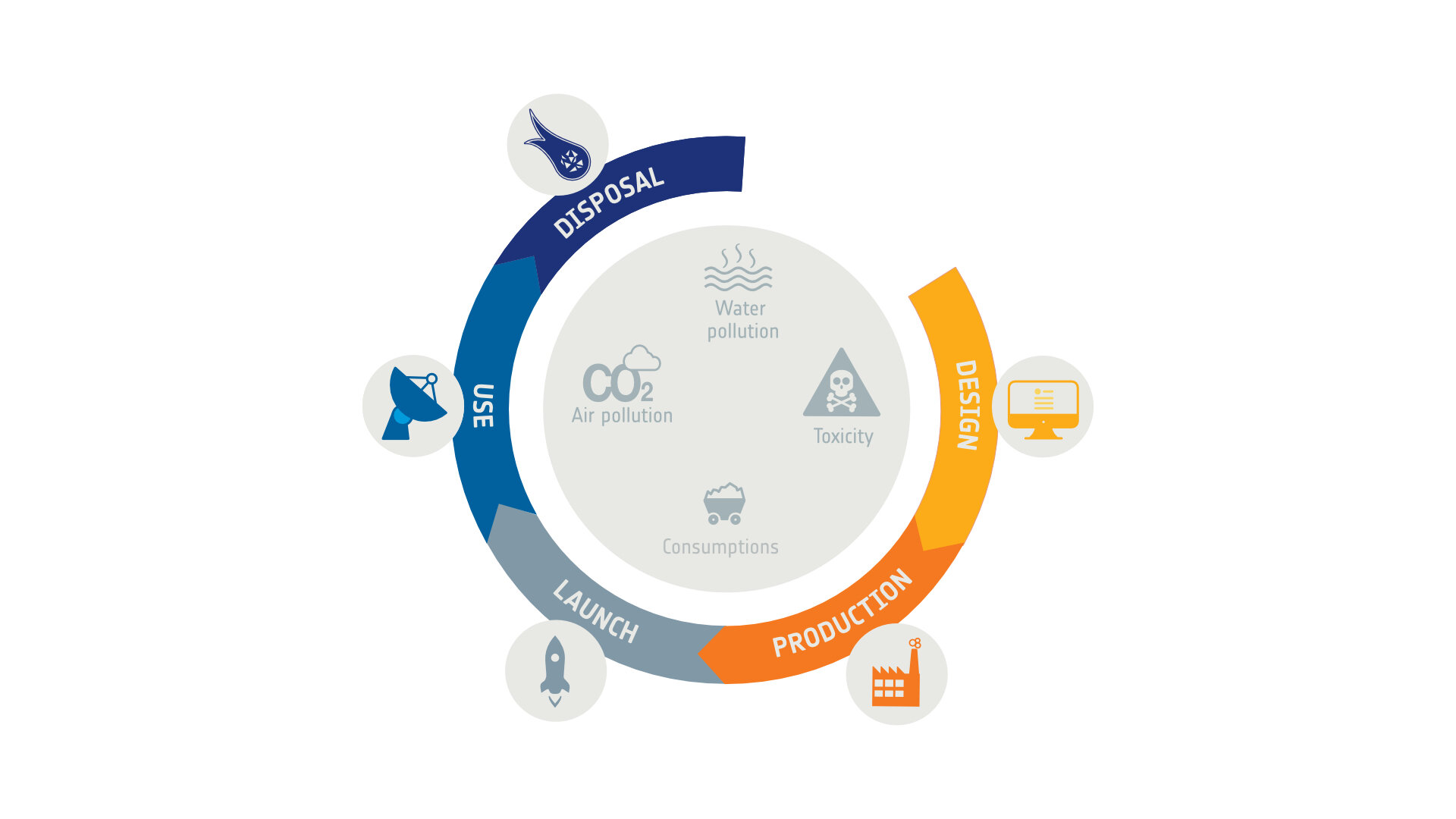
Discussion: one comment
hello,
I am taking lead at Sirius space on LCA topics and would gladly consult what ESA has already done.
best regards,
Maximilien Jouy